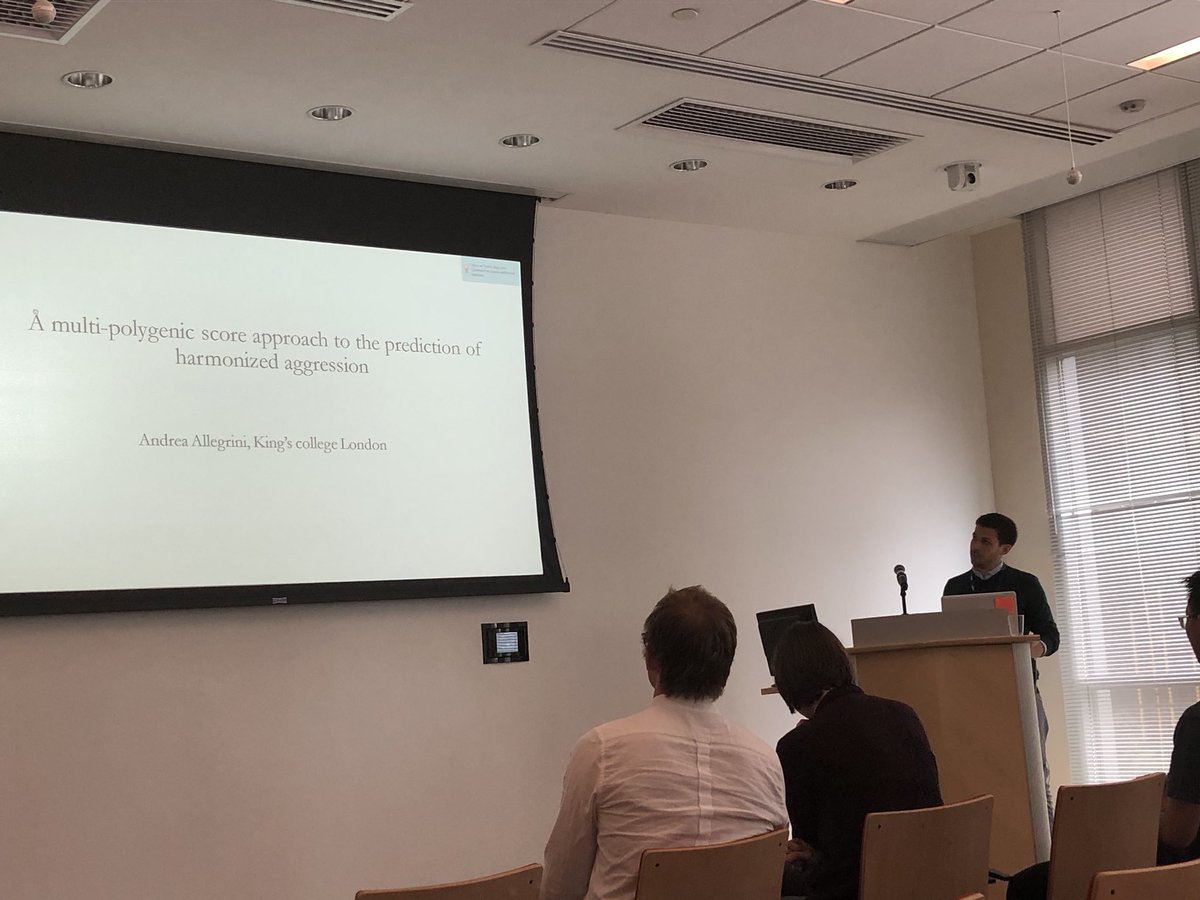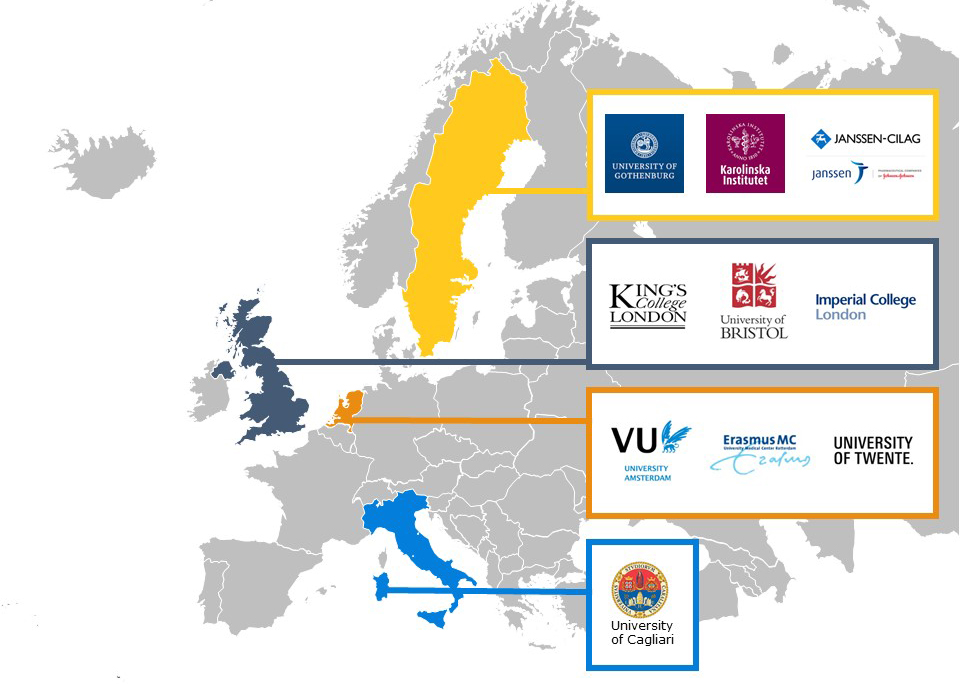This article contains the abstract of the talk "A multi-polygenic score approach to the prediction of harmonized aggression", given by Andrea Giuseppe Allegrini, ESR in the CAPICE project, at 2018 BGA annual meeting, that took place in BOSTON, Massachusetts, USA, (June 23, 2018, 10:30). Here the agenda of the event is available.
Abstract of the talk:
Allegrini A.G.1, Malanchini M.12, Kraphol E1., Selzam S. 1, Rimfeld K.1, ACTION, Plomin R.1
1 King’s College London, Social, Genetic and Developmental Psychiatry Centre
2 University of Texas at Austin, Developmental Cognitive Neuroscience Lab
Aggressive behavior is a substantially heritable trait with genetic influences explaining 40-80% of the variance across childhood (Porsch et al., 2016) and accounting for most stability of aggression over time. However, molecular genetic research on aggression is still in an early stage and prediction models incorporating polygenic epidemiological approaches are lacking.
Here we employed a multi-polygenic score approach to the prediction of aggression in a sample of 21,000 individuals of European ancestry participating in the ACTION consortium (Aggression in Children: Unraveling gene-environment interplay to inform Treatment and InterventiON strategies). Participants are members of four prospective twin cohorts –Twins Early Development Study, Netherlands Twin Register, Childhood and Adolescent Twin Study of Sweden, and FinnTwin12 study. We harmonized phenotypic data in these four cohorts to create harmonized measures of aggression at ages 9-10; 12; 14-15 and 16-18. These measures were then averaged across ages to create a unique measure of ‘broad aggression’ that we analyzed in prediction models. After harmonizing genomic data, we constructed genome-wide polygenic scores (GPS) for 250 behavioral, anthropometric, mental health- and cognition-related traits from publicly available GWAS summary statistics.
Preliminary results indicate a SNP heritability of 4.6% for broad aggression, setting a low ceiling for polygenic risk prediction in the overall sample of 21,000. Polygenic prediction models performed in the TEDS cohort (N ~ 4,000) show significant associations of ~ 40 GPS – top GPS for importance were education attainment (-), ADHD (+), mood swings (+), tobacco smoking (+) and maternal smoking around birth (+) – predicting a total of 2.08% of the variance in broad aggression. We are currently exploring age and gender differences and we will extend our analyses to the overall sample of unrelated individuals (N ~ 11,370) as well as the full sample of N ~ 21,000, which includes related individuals.
Intriguingly, these preliminary results point to a shared genetic architecture between broad aggression and several psychiatric and health-related traits. Furthermore, they hold promise for a practical application of polygenic scores in the prediction of aggressive behaviors, especially once we break through the low SNP heritability ceiling.












